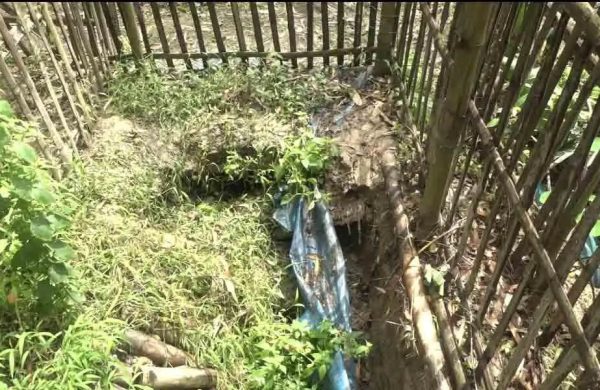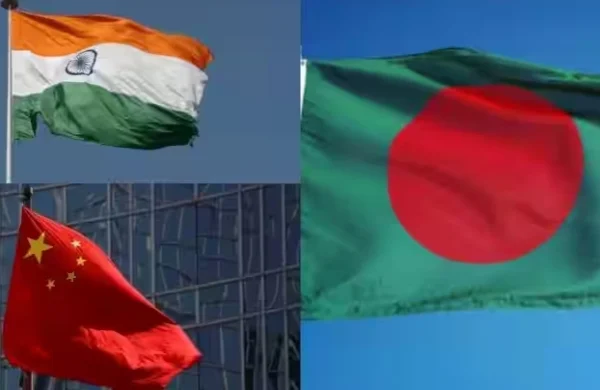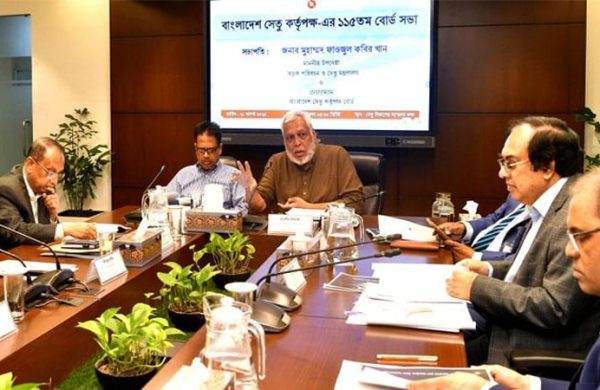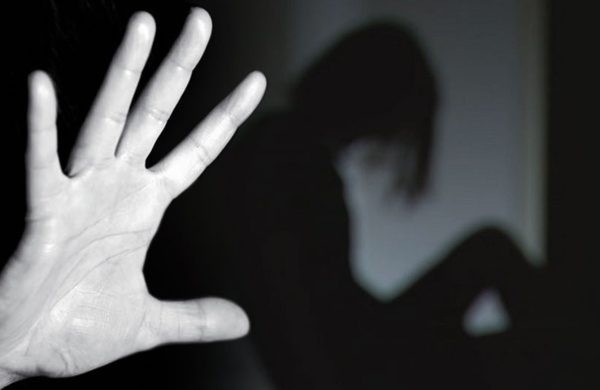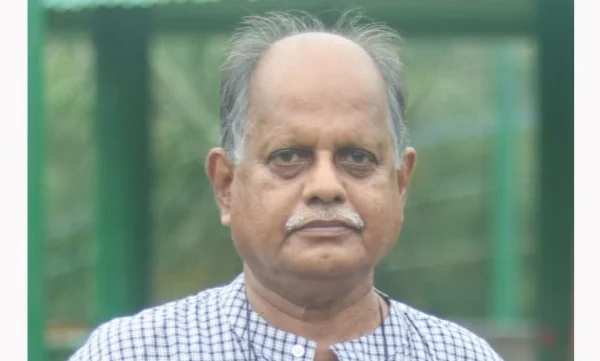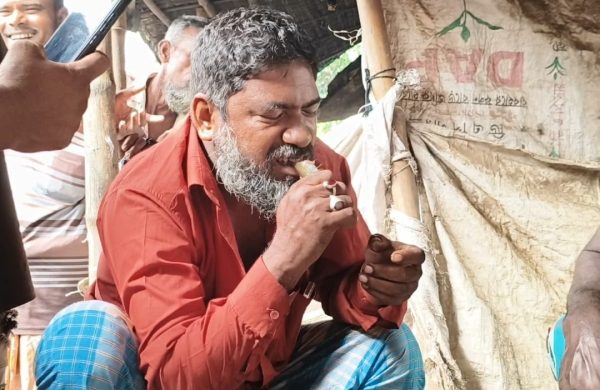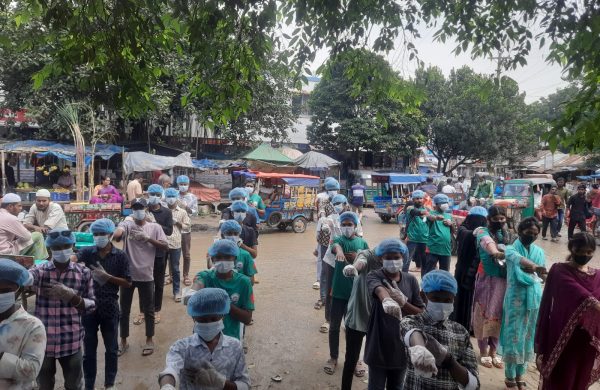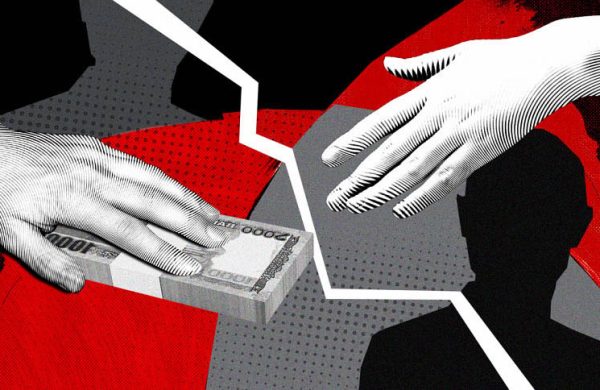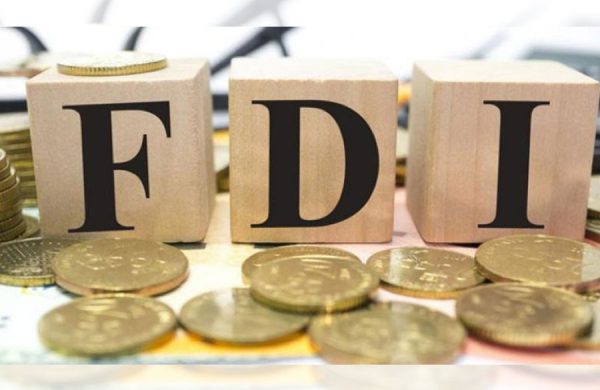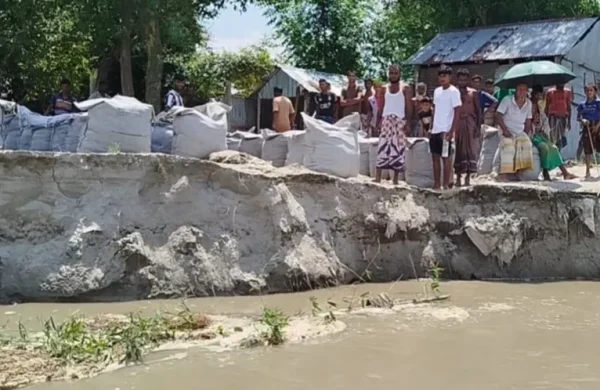Mob violence claims 258 lives in 19 months as impunity prevails
- Update Time : Friday, August 22, 2025
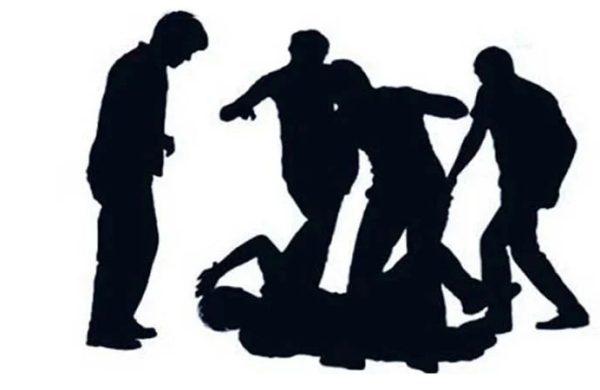
TDS Desk:
Despite stern warnings from the Ministry of Home Affairs and law enforcement agencies, incidents of mob violence continue to take place across the country, leaving a trail of death and victims’ families in unending anguish due to a pervasive lack of justice.
In nearly every case, the deceased are posthumously branded as serious criminals, a label that compounds their families’ grief with social humiliation.
In the latest incident, Md Toufiqul Islam Babu, 26, son of Yunus Khan and Hasina Begum, was lynched at Shaheednagar in Lalbagh in Old Dhaka around 3:30 am on 18 August.
Following his death, he was publicly labelled “Killer Babu”, and the incident was circulated as a spontaneous mass beating by locals. However, the timing of the attack raises serious questions about the authenticity of this claim.
When contacted, officer-in-charge of Lalbagh Police Station Mostafizur Rahman Khan confirmed that the victim was beaten to death by “mass people” but noted that the family has yet to file a case. “We may lodge a case after talking to the senior officers concerned,” he said.
Police have not yet apprehended those involved, in an utter negligence.
This incident is not isolated. On 10 April, two other young men, Nadim, 35, and Masud, 30, were similarly lynched at Sylhetia Bazar in Kamrangirchar.
Kamrangirchar police station OC Amirul Islam told the journalist that two cases were recorded over the incident and an investigation is underway.
Data from the Human Rights Support Society (HRSS) paints a grim picture of the escalating crisis. In the 19-month period from January 2024 to July 2025, a total of 258 people were killed in 374 so-called mass beatings. These incidents also left 246 other people injured.
Similarly, the Ain o Salish Kendra, another human rights organisation, recorded 231 deaths from lynching incidents during the same period.
Dr Md Omar Faruk, a professor of criminology and police science at Mawlana Bhashani Science and Technology University, highlighted a critical flaw in the justice system.
He stated that in most lynching cases, police register murder charges against unidentified individuals, even when they have knowledge of the perpetrators. “As a result, perpetrators are rarely brought to justice due to a “lack of witnesses, leaving the victims’ families without closure,” he said, urging the government to adopt a tougher stance against mob violence and called for the compensation of victims’ families.
When someone is killed in a mob lynching, police record it as a murder case, according to Assistant Inspector General (Media and PR) of the Police Headquarters AHM Shahadat Hossain.
That if police identify those responsible, they file charges in court, and if they cannot identify the culprits, they submit a final report.
According to an HRSS study, findings of which were released on Tuesday, mob lynching incidents are acts of “extrajudicial killing” where agitated crowds take the law into their own hands, often fuelled by rumours, social unrest or personal grievances. The study emphasises that these acts are a direct violation of fundamental rights guaranteed by the Constitution of Bangladesh, specifically Articles 31 and 32, which protect the right to life and liberty.
The Penal Code of 1860 clearly states that every individual involved in a mob lynching is equally liable, with minor assistance also being a punishable offence. If the crime is proven to be murder, perpetrators can face life imprisonment.
Furthermore, the report stresses that mob lynching is explicitly prohibited under international law, citing Article 3 of the Universal Declaration of Human Rights (UDHR) and Articles 6 and 7 of the International Covenant on Civil and Political Rights (ICCPR), which prohibit arbitrary killing and torture.
The study concludes that these acts of violence, often incited by the spread of false information on social media, typically occur in public spaces where bystanders frequently participate, contributing to a cycle of violence and impunity.


